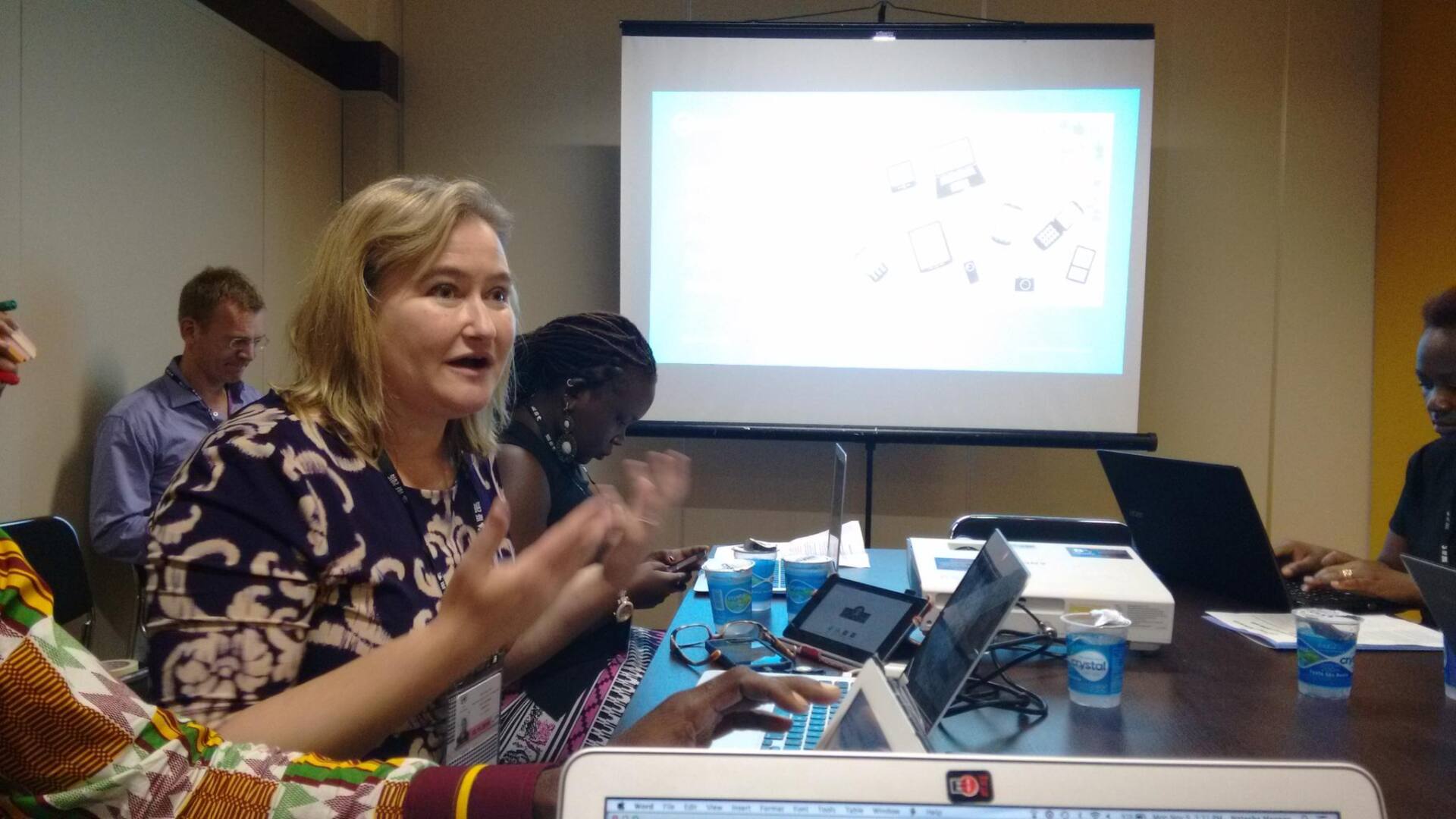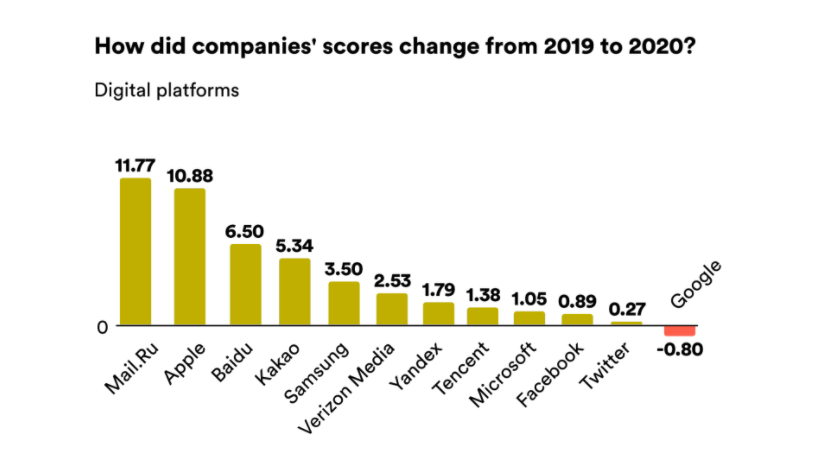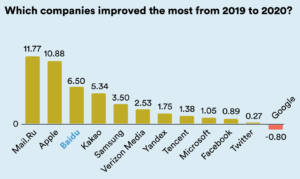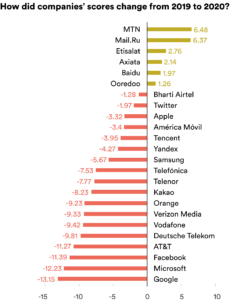25 May Farewell, Rebecca!
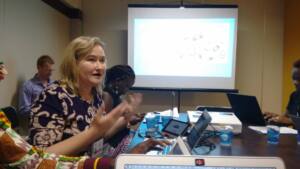
Rebecca MacKinnon at the Internet Governance Forum in 2015. Photo by Steffen Leidel.
It is with heavy hearts that we bid farewell to our founder, Rebecca MacKinnon, who will conclude her work with RDR at the end of this month. Rebecca conceived and founded RDR in 2013 and ran it until she passed the baton to Jessica Dheere, who became RDR’s director in September 2020.
Rebecca has been a leading advocate for freedom of expression and privacy online since 2004. A former CNN bureau chief in Beijing and Tokyo, she is co-founder of Global Voices, a founding member of the Global Network Initiative, and has held fellowships at Harvard, Princeton, New America, and the University of California.
Rebecca’s 2012 book, Consent of the Networked: The Worldwide Struggle for Internet Freedom, was described by writer and tech activist Cory Doctorow as “an absolutely indispensable account of the way that technology both serves freedom and removes it.” In a sharp departure from popular “liberation technology” narratives of the time, Rebecca delivered an early warning that unaccountable tech company practices posed a threat to the future of democracy and human rights. A winner of the Goldsmith Book Prize, Consent of the Networked has become a seminal text in defining how we think about human rights in the digital age.
But for some readers, Consent of the Networked also begged the question: “So you’ve written this book about the problem, now what are you going to do about it?”
Ranking Digital Rights was her answer. A handful of companies had voluntarily joined the Global Network Initiative (which she also helped launch in 2008) and committed to basic due diligence and transparency standards in response to government censorship and surveillance demands. But while the GNI has set standards for industry best practices in dealing with government demands, many of the world’s most powerful tech giants have yet to join. What’s more, the GNI does not address a wide range of human rights implications stemming from companies’ business models, design choices, and other commercial practices. She concluded that a systematic, global, regularly updated ranking was needed, modeled after emerging benchmarks of other companies and industries on environmental sustainability, labor practices, and political donations.
In a 2019 Medium post about RDR’s purpose, Rebecca wrote:
“…the need to hold companies accountable is more pressing than ever. People have the right to know — and companies have a responsibility to show — how our freedom of expression and and privacy are affected by the internet platforms and services we increasingly depend on. The RDR Index data can be used by civil society advocates, investors, policymakers, and companies themselves to identify where specific companies fall short in protecting users’ rights and how they can improve. It can also be used as a tool to show where law and regulation need to be improved or reformed.”
A September 2013 progress report offers an eye-opening reminder of what it took to implement that idea—and how far RDR has come. Rebecca was RDR’s only full-time employee that year, working in collaboration with a range of research partners, interns, fellows, and contractors to develop our initial pilot methodology. The inaugural 2015 RDR Corporate Accountability Index was launched with only two additional full-time staff, in partnership with the ESG research firm Sustainalytics.
By 2020 RDR’s staff had expanded to over a dozen people, thanks to the generous support of a growing group of funders and partners. Today, the RDR Index offers the only year-on-year ranking of the world’s most powerful digital platforms and telecommunications companies on policies and practices affecting users’ human rights. The RDR Index has become a widely recognized global standard for corporate accountability in the tech sector, and a key resource for policymakers, investors, and civil society organizations advocating in the field.
Among digital rights advocates, Rebecca needs no introduction. This is not only because of her intellectual leadership and tireless efforts to hold tech companies accountable to the public. It is also because of her strengths as a builder of networks and a mentor of new voices and advocates in our field. On a personal note, as a former member of Global Voices’ core staff and a current member of RDR’s leadership, I can’t imagine how my career and my understanding of the world would have taken shape without Rebecca’s contributions and guidance. And I know that I am in good company.
Rebecca, we wish you all the best in your future work. And we can’t wait to raise a glass to you in person, some day in the not-too-distant future.
